- Grade: Low-Density Polyethylene LFI2119 (aka SABIC-2602HOW, FDO274, PE LDPE0190, 0119)
- Group: LDPE Film Blowing
- Density: 921 kg/m3
- Melt Flow Index (MFI): 1.9 (190 °C/2.16 Kg)
- Application: Packaging Film, General lamination films
- Attribute: Very good optical properties, good toughness, good melt strength.
- HS Code: 39011090
- Producer: Arya Sasol Petrochemical Company (ASPC)
- Packaging: 55*25 Kg shrink-wrapped wooden pallets
- Suggested Equivalent Grades: SABIC -2602HOW / FDO274
LDPE 2119
Description
Buy LDPE LFI 2119 in Iran: Premium Film Grade for Packaging
Low-Density Polyethylene (LDPE) LFI 2119 is a high-clarity film grade polymer, highly regarded for its excellent optical properties, toughness, and superior processability. Shobeir Shimi is a premier supplier of LDPE LFI 2119 in Iran, providing manufacturers with a consistent source of high-quality granules. Sourced directly from leading producers like Arya Sasol Petrochemical Company (ASPC), we offer a competitive LDPE LFI 2119 price in Iran for high-performance packaging film applications.
LDPE LFI 2119 Technical Specifications
This section provides a comprehensive technical profile for LFI2119, directly addressing user searches for technical data sheets and specifications.
| Property | Value / Information |
|---|---|
| Grade Name | LDPE LFI 2119 (also LFI2119) |
| Polymer Type | Low-Density Polyethylene (LDPE 2119) |
| Application Group | Blown Film Extrusion / Film Blowing |
| Density | 0.921 g/cm³ (921 kg/m³) |
| Melt Flow Rate (MFR) | 1.9 g/10 min (at 190 °C/2.16 Kg) |
| Key Iranian Producers | Arya Sasol Petrochemical Company (ASPC) |
| International Equivalents | SABIC 2602HOW, FDO274, PE LDPE0190, 0119 |
| Available Documentation | Full Technical Data Sheet (TDS) and Material Safety Data Sheet (MSDS) available upon request. |
Why Choose Shobeir Shimi for LDPE LFI 2119 in Iran?
Partnering with Shobeir Shimi guarantees a reliable supply chain and expert support for your polymer needs.
- Competitive Pricing: We offer an excellent LDPE LFI 2119 price in Iran, providing significant value for high-volume manufacturing.
- Direct Sourcing: We supply authentic LFI 2119 directly from Arya Sasol (ASPC), ensuring consistent quality and performance.
- Full Documentation: Complete technical datasheets are provided with every order to support your production and quality control processes.
- Reliable Logistics: We manage efficient delivery across Iran and handle all necessary documentation for export clients.
- Expert Support: Our team offers technical guidance on material selection and processing to help you optimize your production lines.
Get Your Instant Quote on LDPE LFI 2119 Granules
Contact Shobeir Shimi today for the latest pricing and availability of LDPE LFI 2119. Our dedicated team is ready to provide a prompt quote, technical documentation, and logistical support to ensure your production runs smoothly and efficiently. Reach out via phone, WhatsApp, or email for immediate assistance.
Call us or send a message via WhatsApp:
- International/WhatsApp: +98 912 118 2057
- Email: info@shobeirshimi.com
Frequently Asked Questions (FAQ)
Q1: What makes LFI 2119 ideal for blown film extrusion? LDPE LFI 2119 has an optimal combination of melt strength and a Melt Flow Index (MFI) of 1.9. This allows for a stable bubble during the blowing process, excellent draw-down for thin gauges, and high-speed processing, making it a highly efficient and reliable grade for film extrusion lines.
Q2: Is LDPE 2119 from Arya Sasol a prime grade material? Yes, the LFI 2119 supplied by Shobeir Shimi is a prime, reactor-grade material produced by Arya Sasol Petrochemical Company using SABTEC licensed technology. It is supplied in natural pellet form and typically contains an antioxidant package.
Q3: Can I blend LFI2119 with other polymers? Yes, LDPE LFI 2119 is often blended with other polyolefins like LLDPE or HDPE. Blending can be used to modify specific film properties, such as increasing stiffness, improving sealability, or enhancing barrier characteristics, depending on the final application requirements.
The minimum order quantity is one full truckload – 22 metric tons. Smaller quantities can be arranged case-by-case.
How do you ensure product quality and payment security?
- Payments are made via our Turkey office with official receipts provided.
- Buyer representatives can verify documentation at our Tehran or Turkey offices.
- We provide trade references and have a proven track record with petrochemical partners.
What is the typical delivery time?
Delivery usually takes 7 to 10 working days, depending on order size and destination.
What are the shipping options?
We offer both ex-factory delivery and border delivery (e.g., Bazargan, Sarakhs), with packaging tailored to client needs.
LDPE LFI2119 is in high demand worldwide for its excellent performance in thin film applications and its optical properties. Its ability to produce clear, strong, and flexible films efficiently makes it a preferred choice for manufacturers of packaging films, lamination films, and various general-purpose bags. This film grade LDPE is widely used in industries requiring high-quality, transparent, and durable plastic films.
Shobeir Shimi exports LFI2119 to markets in Asia, the Middle East, Europe, and Africa, including:
- Middle East & GCC: UAE, Saudi Arabia, Oman, Qatar, Iraq
- CIS & Russia: Russia, Kazakhstan, Uzbekistan, Armenia
- South Asia: India, Pakistan, Bangladesh, Afghanistan
- Southeast Asia: Indonesia, Vietnam, Taiwan, South Korea
- Europe: Poland, Spain
- Africa: North and East Africa
Why Choose Shobeir Shimi?
- Full export documentation (COA, MSDS, invoice, packing list)
- Flexible delivery terms: Ex-Factory, FOB, CIF
- Customized packaging and multilingual labeling
- Expertise in customs clearance and logistics for timely delivery
With a strong commitment to quality, reliable supply, and competitive pricing, Shobeir Shimi is your preferred partner for LDPE LFI2119 procurement.
Additional information
| Application |
|---|
FAQ
- What is the minimum order quantity (MOQ)?
The minimum order quantity is one full truckload – 22 metric tons. Smaller quantities can be arranged case-by-case.
- How do you ensure product quality and payment security?
- Payments are made via our Turkey office with official receipts provided.
- Buyer representatives can verify documentation at our Tehran or Turkey offices.
- We provide trade references and have a proven track record with petrochemical partners.
- What is the typical delivery time?
Delivery usually takes 7 to 10 working days, depending on order size and destination.
- What are the shipping options?
We offer both ex-factory delivery and border delivery (e.g., Bazargan, Sarakhs), with packaging tailored to client needs.

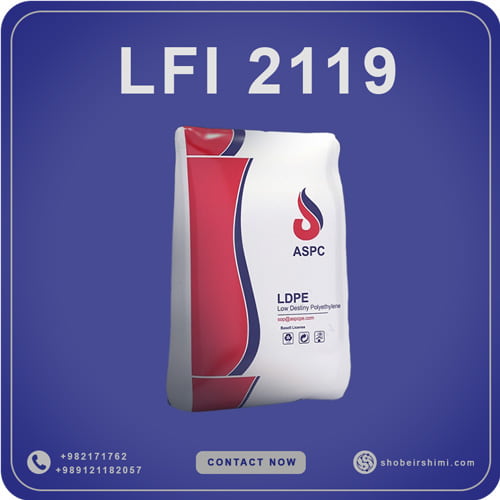
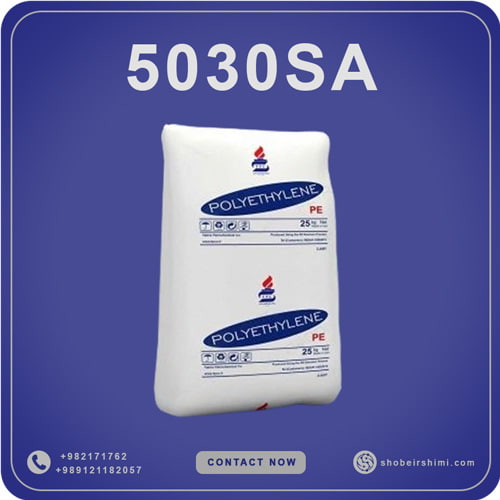
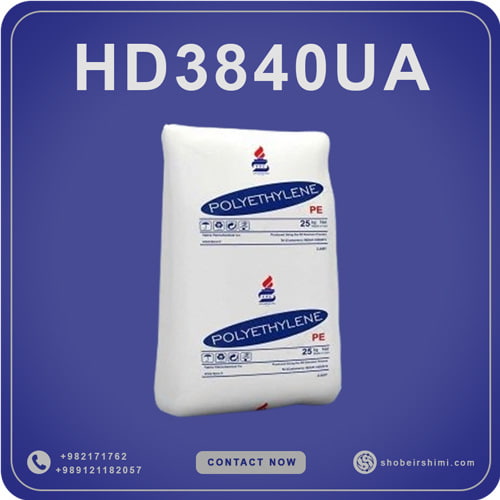
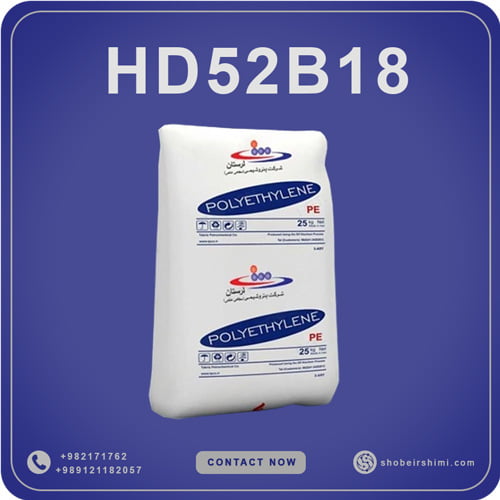
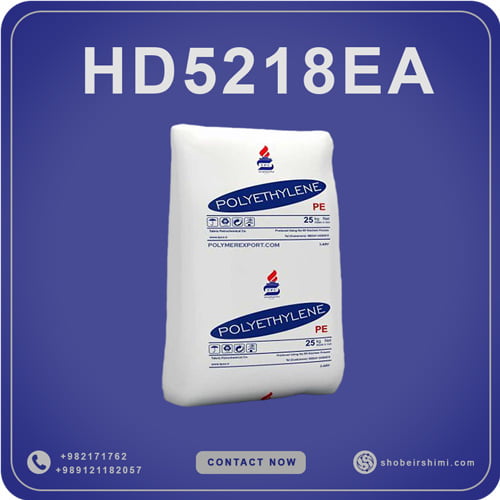
Reviews
There are no reviews yet.